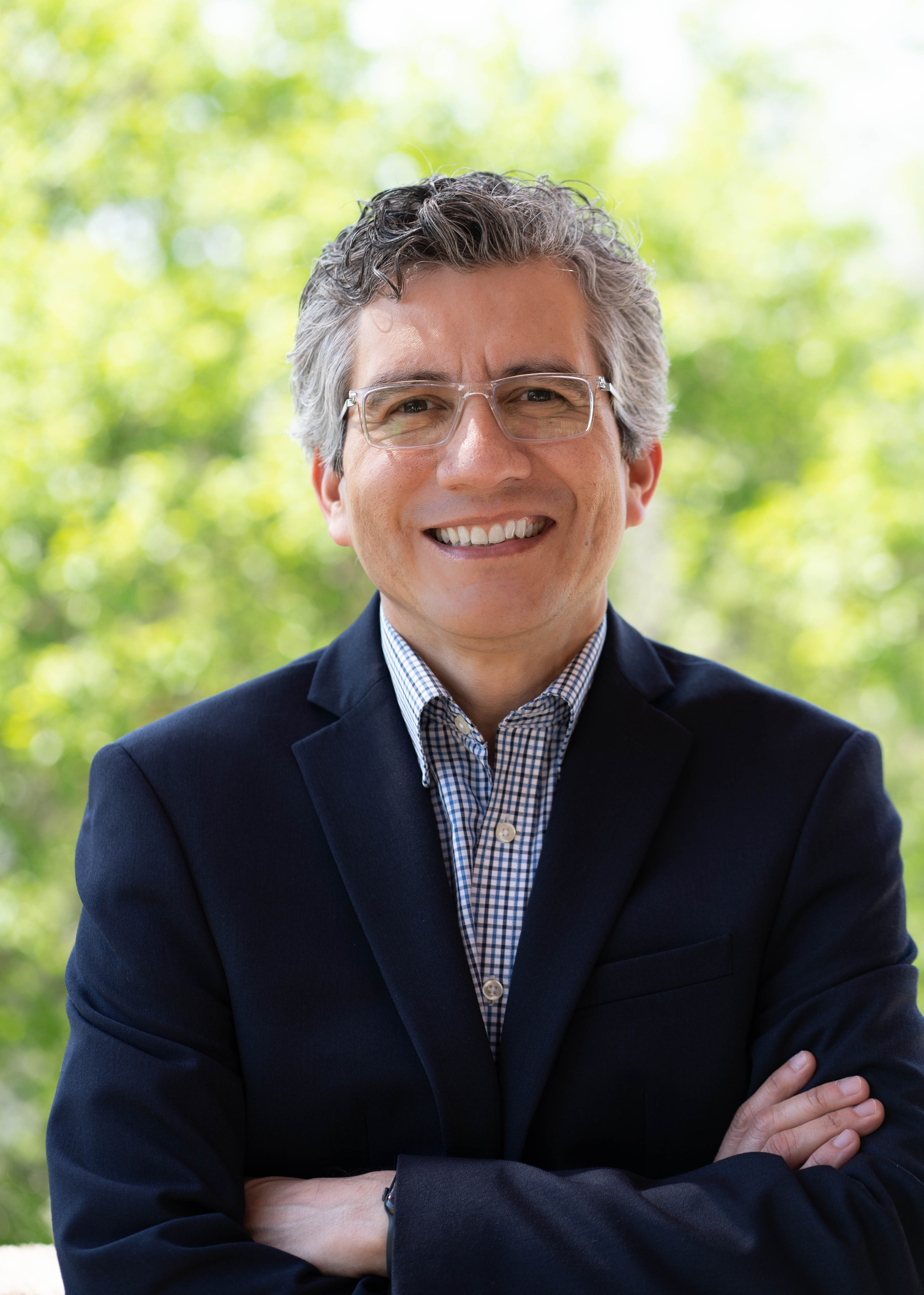Collection
Community Indicators and Community Well-being
- Submission status
- Closed
Community indicators play a critical role in measuring and monitoring community wellbeing over time and are important tools for community engagement and future policy intervention. It could be argued that shared foundational thinking preceding community indicators can be traced back to early philosophers supporting democracy and enhancing eudaimonia, wellbeing and a good life. These concepts and dissatisfaction with the Gross Domestic Product (GDP) as the major representation of progress of societies have led to the early focus on sustainability (e.g., Sustainable Seattle’s 1991 Indicators of Sustainable Community) and quality of life (JCCI Quality of Life Reports starting in 1985) that have been re-examined in more recent times in light of a better understanding and a willingness that address societal inequities, particularly in the form of systemic racism. As a result, the focus of many community indicators has more recently changed to wellbeing and data are being disaggregated to the smallest possible level to ensure ever finer representation of different demographic groups.
This special issue was developed to highlight the different ways that community indicators applications, practices and perspectives can be used to support community well-being.
Editors
-
Melanie Davern
RMIT University, Melbourne, Australia Prof. Melanie Davern has research interest and expertise in both public health and urban planning customised for direct application in policy, planning and industry. This has been developed through long standing interest and knowledge in the development of social, economic and environmental indicators, individual and community wellbeing derived from complex research investigating the connection between the social determinants of health, public health outcomes and urban planning and design.
-
Chantal Stevens
Community Indicators Consortium, Seattle, USA
-
Luis Estevez
St. Cloud State University, USA Dr. Luis Estevez' research experience and interest focus in master planning, affordable housing, land use regulations, and community indicators. His recent work focused on strategies addressing the need of neighborhood indicators, specifically for the assessment of quality of housing. Estevez earned his doctoral degree in urban and regional science from Texas A&M University.
Articles (6 in this collection)
-
-
Assessing How Level of Segregation Affects Social Determinants of Health of African Americans in U.S. 500 Cities
Authors
- Wei-Chen Lee
- Shannon Guillot-Wright
- Ben G. Raimer
- Content type: Original Research Article
- Published: 18 February 2021
- Pages: 187 - 201

-
Seeding Insights and Nourishing Change: a Case for Participatory Evaluation in Place-Based Community Food Systems
Authors (first, second and last of 5)
- Alyssa Banks
- Rebecca Saito
- Carolyn Porta
- Content type: Case Article
- Published: 22 January 2021
- Pages: 151 - 167

-
Mapping Access to Affordable Early Childhood Education and Care: Methodology and Application to Community Advocacy
Authors (first, second and last of 4)
- Javzandulam T. Azuma
- Barbara D. DeBaryshe
- Ivette Rodriguez Stern
- Content type: Original Research Article
- Open Access
- Published: 19 November 2020
- Pages: 169 - 186

-
Over the Caribbean Top: Community Well-Being and Over-Tourism in Small Island Tourism Economies
Authors
- Ryan R. Peterson
- Content type: Case Article
- Published: 05 November 2020
- Pages: 89 - 126

-
Community Leadership through Conversations and Coordination: the Role of Local Surveys in Community Foundation Run Community Indicators Projects
Authors
- Frank Ridzi
- Trina Prior
- Content type: Case Article
- Published: 04 November 2020
- Pages: 127 - 150




